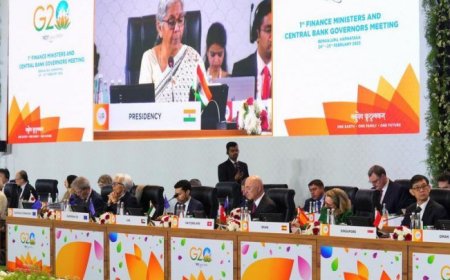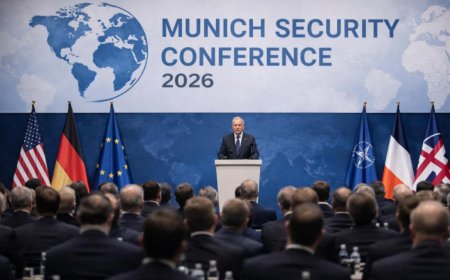SEBI’s New Soft Sign-Off on IPO Pricing: A Step Toward Market Stability or Regulatory Overreach?
SEBI’s New Soft Sign-Off on IPO Pricing: A Step Toward Market Stability or Regulatory Overreach?

The Securities and Exchange Board of India (SEBI) has introduced a soft sign-off on the pricing of initial public offerings (IPOs) – a form of approval that was not required until recently.
This development is significant because IPO pricing is crucial to a company’s performance after listing, and misaligned pricing can lead to volatility, especially in a booming market like the one this year.
“The regulator now provides a soft sign-off on the price band for offerings, aiming to ensure pricing aligns reasonably with similar listed companies,” said a senior banker. For instance, if comparable companies are trading at a price-to-earnings (P/E) ratio of 20-30 times, it would be problematic for a new IPO to be priced at 50-60 times earnings. Similarly, if a private equity deal valued the company at ₹8,000 crore six months ago, the IPO valuation should not leap to ₹30,000 crore.
However, bankers still have the primary responsibility for setting IPO prices, and SEBI refrains from delving into the granular details of valuation. An IPO-bound company's valuation considers factors such as past financial performance, growth potential, investor interest during roadshows, and overall market conditions.
“Generally, the regulator does not provide input on pricing. The sign-off process only adds an extra day or two to the approval timeline and does not impact pricing decisions,” added another banker. SEBI does ensure that the draft prospectus clearly highlights key risks, allowing investors to make informed choices.
If SEBI were to change its approval criteria for IPO pricing, it would mark a major shift. However, any stricter oversight could be seen as regulatory overreach, as SEBI does not have a mandate to dictate prices but can ask bankers to clarify potential risks.
In the event of a significant discrepancy between the IPO price and recent private transactions, SEBI requires issuers to explain the difference. Recent reports suggest that SEBI was uncomfortable with selling shareholders having a say in IPO pricing, as this could unduly influence valuations.
This year has been favorable for IPO investors, with 55 out of 69 debuting companies posting gains on their first trading day, indicating cautious pricing. Despite foreign portfolio investors selling over ₹1.14 lakh crore in the cash market in October, they invested ₹19,842 crore in primary issuances, as these were generally priced more conservatively compared to high benchmark index levels, according to VK Vijayakumar, Chief Investment Strategist at Geojit Financial Services.
















































